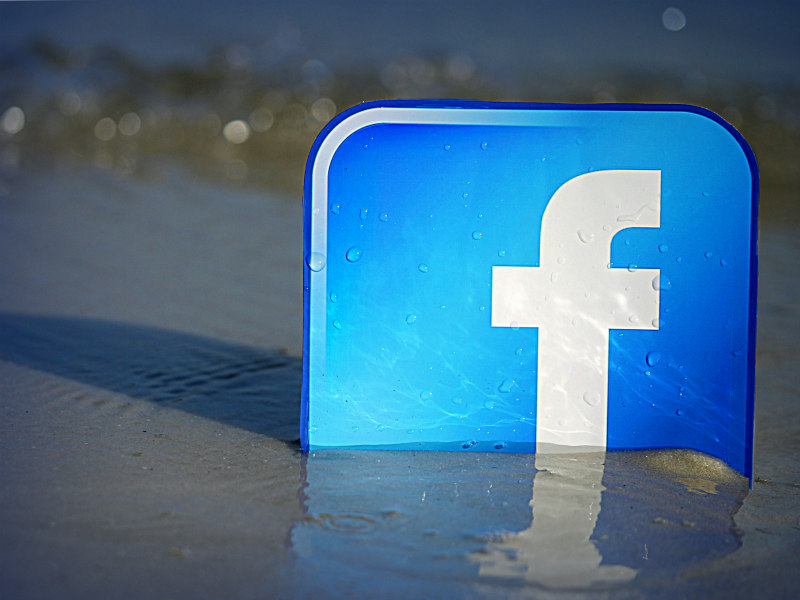Diana Marszalek 11 Apr 2019 // 1:32PM GMT

NEW YORK — Facebook’s reputation may be in the tank, but it is hanging on to its stature as the most relevant company in the US.
That, at least, is according to W2O’s latest ranking of Fortune 100 companies’ relevance, which ranked the social media giant No. 1 for the second year in a row — a position that basically boils down to how well a company engages and connects with stakeholders.
Google and Microsoft ranked second and third on the relevance index, just as they did last year in the agency’s inaugural rankings of Fortune 100 companies. Rounding out the top 10 in order: Amazon, Apple, Delta, Nike, Disney, GM and JP Morgan.
W2O Principal Gary Grates said a company’s relevance is critical to a its success, as it measures how in-sync companies’ beliefs, actions, business moves and consumer dealings are in line with key audiences including employees, customers and investors. Relevance is determined by an amalgamation and analysis of information gleaned by digital means including consumer’s online behavior, employee chatter, investor activity and CEO dynamism as a leader.
“If you’re not relevant in a digital and social age, you don’t exist,” said W2O principal Gary Grates said. “It’s about today and tomorrow. It’s about how you are connecting with the marketplace.”
The relevance study’s findings, however, are in stark contrast to Reputation Institute’s latest report, issued just last week. That study showed that many of the country’s most relevant companies — particularly in the tech sector — took big reputational hits in 2018, when they were under fire for privacy breaches and like.
In that study, Google dropped a whopping 63 points to 119th spot, marking the first time in the study's 12-year history that the company is not among the top 100. Amazon, which was the top-ranking company in 2014-2017, didn’t make the top 50. Facebook’s reputation is so bad that it came in second to last at 389, outranking just one other company on the list: The Trump Organization.
Grates, however, said the two vastly different findings are not necessarily incongruous, particularly since the relevance study is based on positive interactions between stakeholders and companies.
“Facebook has a tremendous amount of problems. However, to their stakeholders — to the people who use them, articulate who they are and convey their narrative — they are as relevant as ever,” Grates said.
Which doesn’t mean Facebook’s relevance can’t diminish, particularly if it doesn’t manage the problems that have so severely hurt its reputation, he said. Because of the way relevance is measured — digitally and in the present — versus reputation, it is more susceptible to change.
For some companies, that could be a positive, as, in many cases, improving relevance requires a limited number of fixes, versus the complete overhaul that companies with a bad rap may undertake. Delta, for instance, this year jumped from No. 10 to sixth on the list thanks primarily to employee training that had tangible results in customer experience, Grates said.
“It’s not unwieldy. It’s something you can grasp and pull a couple of levers and decide how you want to change the marketplace,” he said.


































.jpg)


















